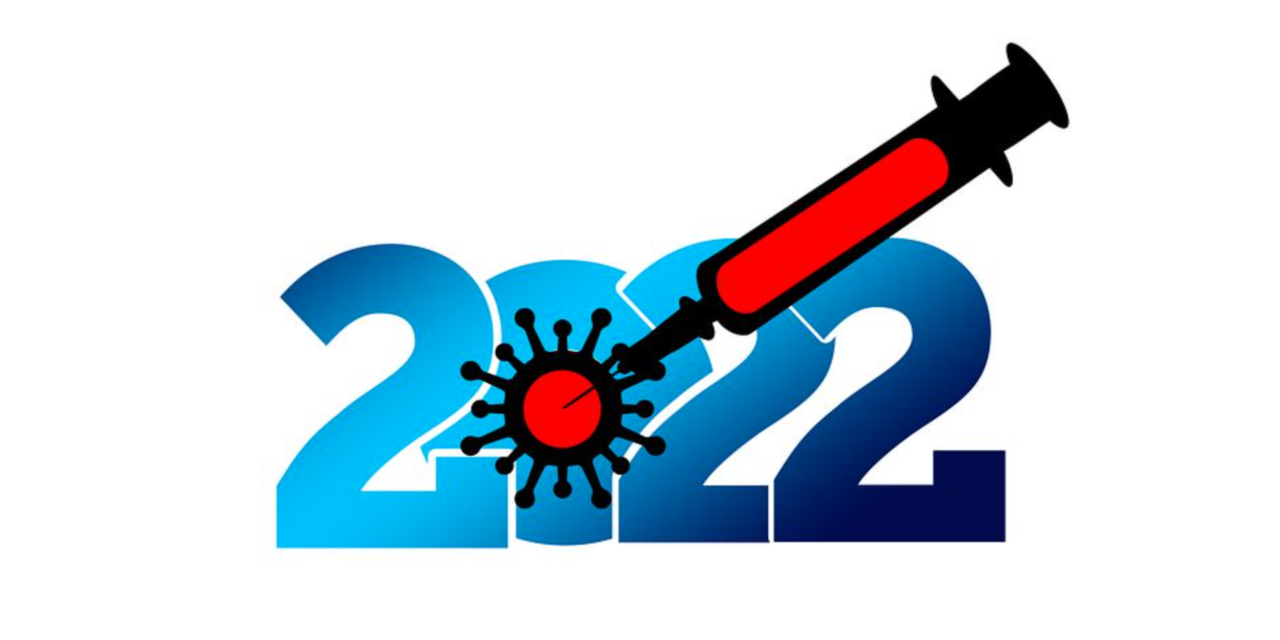In many respects, life in North Carolina is returning to its pre-pandemic vibes – some people shake hands, work in offices once again, and pack maskless into large sports arenas.
However, the state’s health officials haven’t given up on the pandemic and are continuing to remind North Carolina residents that the virus is out there looking for victims.
On Wednesday, March 30, the NC Department of Health and Human Services – as it has done for two years now – released an update on COVID-19 in the state along with the most recent advice from state health officials.
According to that report, there are fewer coronavirus cases and hospital admissions due to the disease than last week, there are medium to low levels of community risk in all counties – rather than the “high” levels seen for much of 2020 and 2021 – and the percent of people vaccinated continues to rise, though at a much slower rate than before.
According to the latest numbers, currently, 50 percent of people in the state have been vaccinated with at least one booster or additional dose. Also, 76 percent of the state’s adult population has been vaccinated with at least one dose – and 38 percent of children and teens have been vaccinated with at least a single shot.
Federal money has poured into state and local governments over the last two years, and this week NC Governor Roy Cooper sent a letter to the North Carolina Congressional Delegation urging Congress to act immediately on a funding package for more COVID-19 money.
In the letter, the governor wrote, “North Carolina’s COVID-19 metrics continue to decline, ushering in a new phase of COVID-19 where the virus is still with us but not disrupting us. However, to succeed in this phase and not go backward, Congress must act immediately on the pending COVID-19 supplemental funding package so we can prepare for the next surge and stop it from overwhelming us.”
Cooper went on to write that North Carolina has seen its allocation of monoclonal antibody treatments – which he called “highly effective” – drop by 30 percent due to a lack of federal funds.
The governor also stated that those treatments should be stockpiled in North Carolina and other states to prepare for future threats.
Even though the threat of coronavirus has subsided, state health officials are still working hard to get information about the disease out to the public. The Department of Health and Human Services this week hosted a live “Cafecito and Spanish-language Tele-town Hall” to promote COVID-19 vaccines and boosters, and the state also launched its “Spring into Summer” campaign, which is attempting to increase COVID-19 vaccination rates – as well as and booster rates – for children, teens and adults.


There is ALWAYS a virus out there, lots of them. I have a common cold now (sorry, I survived). So I would suggest to just get on with it. Or stay at home for the rest of your life.
I think most people are fed up with their government, no matter who is running it.
Bye Felicia
Interesting how the richest countries (i.e. having, on average, the most advanced medical systems and highest vaccination rates) are facing way more problems with covid than say, the poorer African countries where the Experts were originally forecasting total devastation.
Yeah. Richest countries travel in and out a lot. So yeah. Kinda a reason.